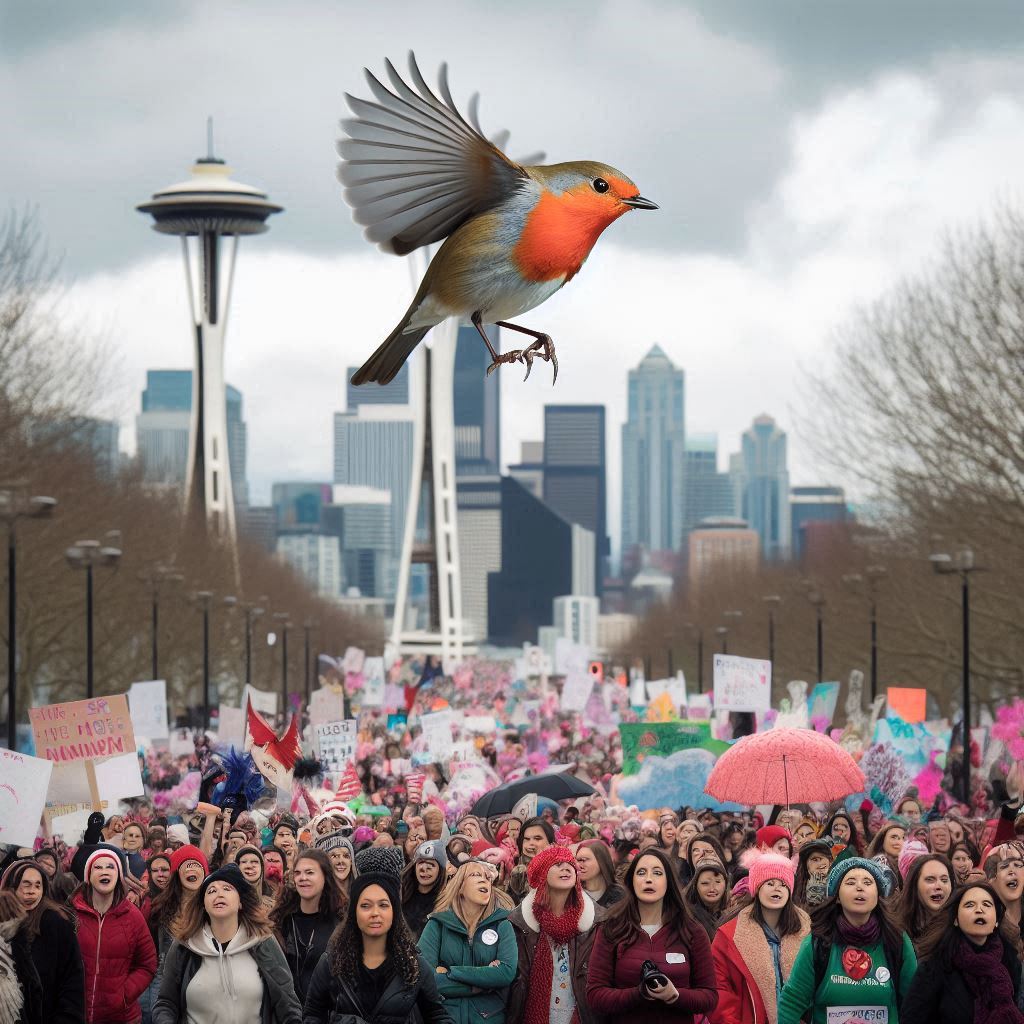Celebrating The Smart, Beautiful Girls and Women of the World
International Women’s Day on March 8th isn’t just another date on the calendar; it’s a global celebration of the social, economic, cultural, and political achievements of women. It's also a call to action for accelerating gender parity. Let’s dive deep into why this day matters, how women's rights have evolved over the years, and why it's essential to recognize their contributions in the workplace.

A Look Back at the Past: The Fight for Women's Rights
The fight for women's rights is a tale of resilience and perseverance. The roots of International Women’s Day trace back to the early 20th century. Women were demanding better working conditions, the right to vote, and equal pay. The suffragette movement in the early 1900s played a critical role in highlighting these issues. Women like Emmeline Pankhurst in the UK and Susan B. Anthony in the US became symbols of courage and tenacity, fighting tirelessly for the right to vote.
As we moved into the mid-20th century, the feminist movement gained momentum. The 1960s and 70s saw a wave of activism aimed at challenging the systemic inequalities faced by women. This era brought significant changes, including reproductive rights, greater workplace equality, and the push for legal protections against domestic violence and sexual harassment.
Present Day: Progress and Continuing Challenges
Fast forward to today, and we’ve seen remarkable progress. Women are breaking glass ceilings, leading nations, and pioneering in industries that were once male-dominated. Think of figures like Angela Merkel, the Chancellor of Germany, or Sheryl Sandberg, the COO of Facebook. These women, among countless others, have shown that gender should never be a barrier to success.
However, the journey is far from over. Despite the strides we've made, women still face numerous challenges. The gender pay gap persists, with women often earning less than their male counterparts for the same work. Representation in STEM fields, corporate boards, and political offices is still disproportionately low. And let's not forget the global perspective—many women worldwide still lack basic rights and access to education.
Shaping Industries: Contributions of Women
Women have left indelible marks on every industry you can think of. In science, Marie Curie’s groundbreaking research in radioactivity paved the way for numerous advancements in medicine and physics. In literature, writers like Toni Morrison and Jane Austen have influenced generations with their powerful storytelling.
The tech industry owes a lot to women like Ada Lovelace, who is often regarded as the first computer programmer, and Katherine Johnson, whose work was crucial in the success of the US space missions. In the arts, Frida Kahlo’s unique vision and expression continue to inspire. In politics, women like Ruth Bader Ginsburg have fought for gender equality and justice.
These contributions are not just historical footnotes; they are the foundation upon which modern industries stand. Women have been, and continue to be, integral in driving innovation, creativity, and progress.
The Future: Empowering the Next Generation
As we look to the future, the focus must be on empowering the next generation of women. This means ensuring equal access to education, providing mentorship opportunities, and creating inclusive workplaces. It's about fostering an environment where women can thrive and lead without facing systemic barriers.
One of the key areas to address is STEM education. Encouraging girls to pursue careers in science, technology, engineering, and mathematics will help bridge the gender gap in these critical fields. Additionally, promoting policies that support work-life balance, such as parental leave and flexible working hours, can make a significant difference.
Why Acknowledging Women's Achievements Matters
Acknowledging women's achievements in the workplace isn’t just about giving credit where it’s due; it’s about fostering a culture of respect and equality. When we recognize the contributions of women, we challenge the stereotypes and biases that have long held them back. It sends a powerful message that talent and potential are not defined by gender.
Moreover, diverse and inclusive workplaces are proven to be more innovative and successful. When women’s voices are heard and valued, businesses benefit from a broader range of perspectives and ideas. It’s not just the right thing to do; it’s the smart thing to do.
Websites Celebrating International Women's Day
- International Women's Day 2025
- 22 Ways To Celebrate International Women's Day - Good Good Good
- About International Women's Day
Conclusion
International Women’s Day is a reminder of how far we’ve come and how far we still have to go. It’s a day to celebrate the incredible contributions of women and to commit to making the future brighter and more equitable. As we honor the past and present achievements of women, let’s also look ahead with optimism and determination, ensuring that every girl and woman has the opportunity to reach her full potential.
So, here’s to the women who’ve shaped our world and to those who continue to drive change. Happy International Women’s Day!




















